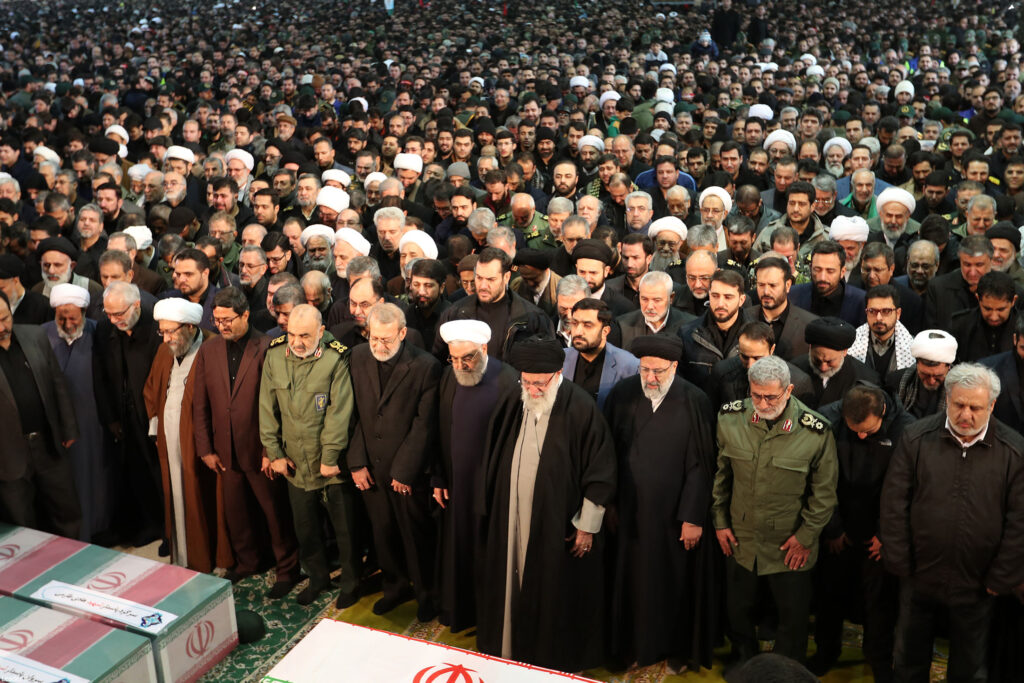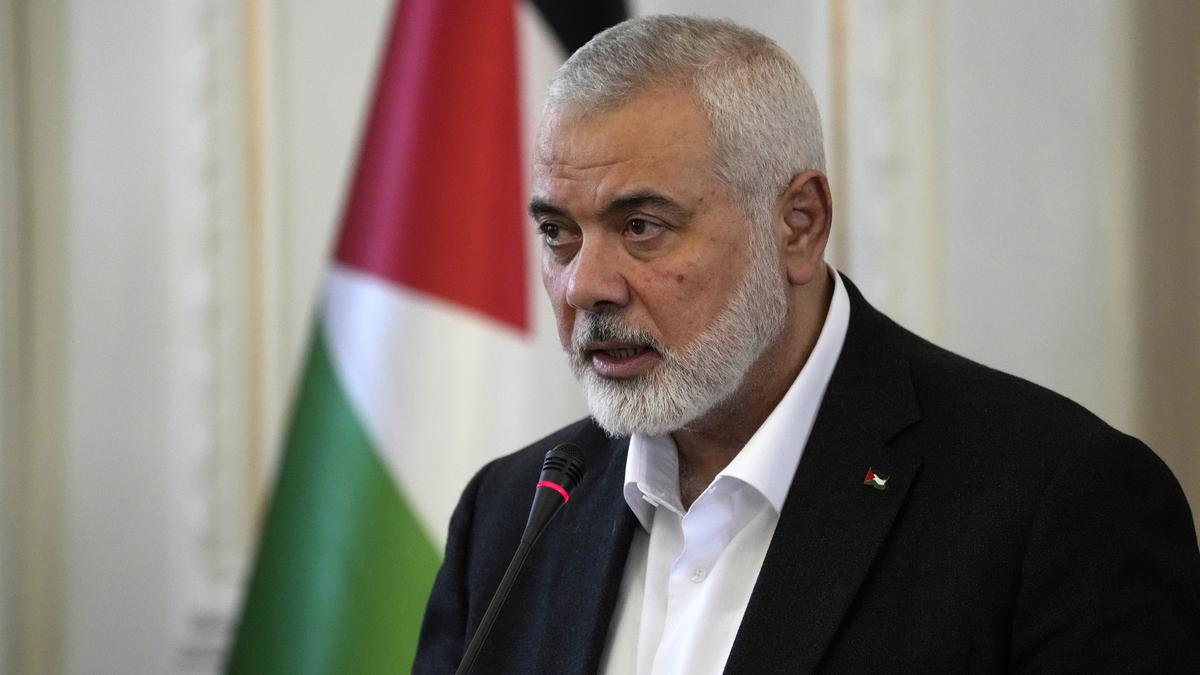On Tuesday, Haniyeh was in Tehran to participate in the inauguration of Iran’s new President Masoud Pezeshkian. On Wednesday morning, the Islamic Revolutionary Guard Corps issued a statement saying Haniyeh and his Iranian bodyguard were killed in a raid by the “Zionist entity”, referring to Israel. Hamas also issued a statement saying Haniyeh was killed in a raid at his residence in Tehran.
The Iranian Revolutionary Guards confirmed the strike but did not provide details on the circumstances. The attack’s timing is critical, coinciding with ongoing U.S. efforts to broker a ceasefire and hostage release deal between Hamas and Israel. The suspicion immediately fell on Israel, which has targeted Haniyeh and other Hamas leaders in retaliation for the group’s recent attack on Israel. Although, Details of the circumstances of his assassination are still awaited.
Thousands have turned out for the funeral procession in Iran of the Hamas political chief, Ismail Haniyeh, who was killed in a strike in Tehran on Wednesday.

Iran’s Supreme Leader, Ayatollah Ali Khamenei, led prayers for the Hamas leader, whose body will be buried in Qatar.

US media have quoted Iranian officials as saying the supreme leader has ordered a direct attack against Israel, which it says was responsible for the attack on Iranian soil.
Israel has not commented on the assassination directly.
Conclusion
Killing in Iran of Hamas’s leader, Ismail Haniyeh is true.
For All News junkies
‘Fake news’ refers to false information and news online. However, it’s more appropriate to use ‘misinformation’ and ‘disinformation’.
Misinformation is false information spread by people who think it’s true.
Disinformation is false information spread by people who know it’s false.
Remember, From sock puppet accounts to scam ads, social media can help spread misinformation to thousands if not millions of people at once. Unfortunately, social media algorithms make it so any interaction helps the content reach more people.
Angry reactions on Facebook or comments calling a post out as false only helps the poster reach more people. This is because the algorithm only understands whether something is popular or not. It can’t tell if information is false; that’s why users must report false information rather than engage with it.
Misinformation and disinformation pose a significant threat to societies worldwide, with particularly severe implications for countries like India. Spread of false information is critical risk perceived by experts across the globe. Addressing this challenge requires a multifaceted approach, including media literacy education, robust fact-checking mechanisms, and increased digital literacy among the population.

